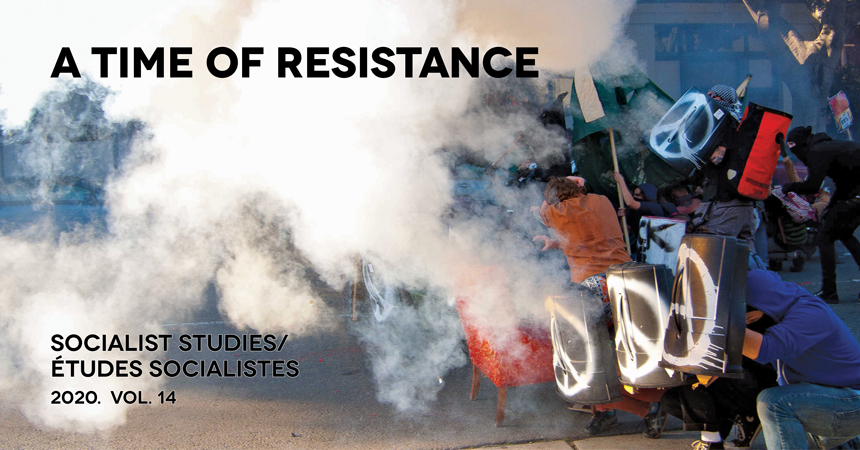Calling (Intellectual) BS on Inequality’s Perversion of Alienation
DOI:
https://doi.org/10.18740/ss27232Keywords:
alienation, disposable populations, economic inequality, Gramsci, intellectualsAbstract
The ‘intellectual’ justification of economic inequality as framed through the work of Harry G. Frankfurt is the basis of the following review essay. The target adopts a belief in the practice where the more one repeats a simplistic argument so, too, will such ideas hold the potential weight to be uncritically received. In a demeanour that only one from the insulated armchair of affluence and security provided by the academy can, Frankfurt, less than subtlety, reiterates a claim that an authentic morality would suggest inequality is the most proficient stasis for a given sociality. Challenging such a position, the trajectory of this assessment invokes both Marx’s early conceptualization of estrangement and a Gramscian critique toward the dumbing-down of critical thought alongside academia’s subservient role to political-economic power. Misinformed of the causality of socioeconomic disparity (and impediments to human potential), a review of Marxian thought can shed light on how economic inequality is not centred on a deficiency in subjective perception but rather a structural equation of material relations that have long enabled such a reality to withstand. It is through an insolent exposure of elitist proposition and ill-informed misdirection that those who would distort philosophical thought can be shown for what they are; (unconscious or not) ‘traditional intellectuals’ validating the endurance of capitalist enclosure.
Downloads
Published
Issue
Section
License
Copyright: Authors who publish in the Journal agree to the following terms: 1)Authors retain copyright and grant the Journal the right of first publication with the work simultaneously licensed under a Creative Commons Attribution License that allows others to share the work with an acknowledgement of the work's authorship and initial publication in the Journal; and, 2)Authors are able to enter into separate, additional contractual arrangements for the non-exclusive distribution of the Journal's published version of the work (eg post to an institutional repository or publish it in a book), with an acknowledgement of its initial publication in the Journal.






